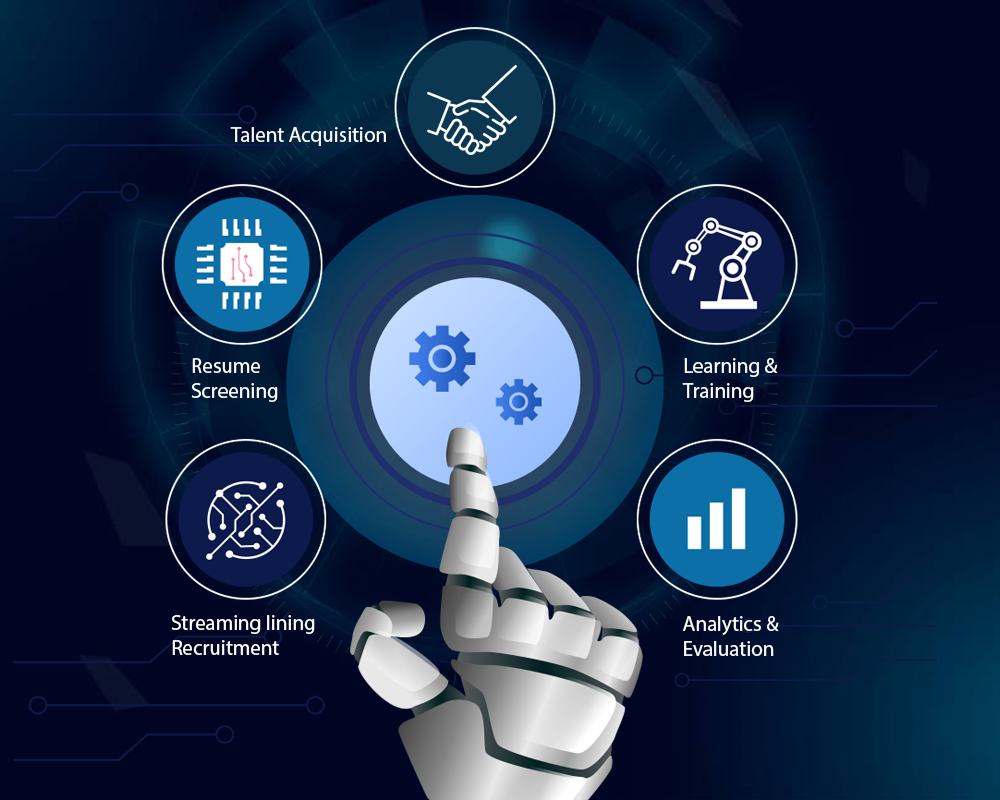AI-powered recruitment systems assist HR professionals in sourcing and identifying potential candidates more efficiently. Advanced algorithms can analyze vast amounts of data from various sources, such as resumes, social media profiles, and online portfolios. By automating the candidate screening process, AI algorithms can match candidates with the required skills, qualifications, and experience, saving valuable time and effort for HR teams.
Traditional resume screening can be time-consuming and subjective. AI offers a more objective approach by evaluating candidate profiles against predefined criteria and job requirements. Machine learning algorithms can learn from past hiring decisions, enabling them to improve their selection accuracy over time. AI can also conduct video interviews, assess facial expressions, and analyze language patterns to provide valuable insights into a candidate’s suitability for a role.
